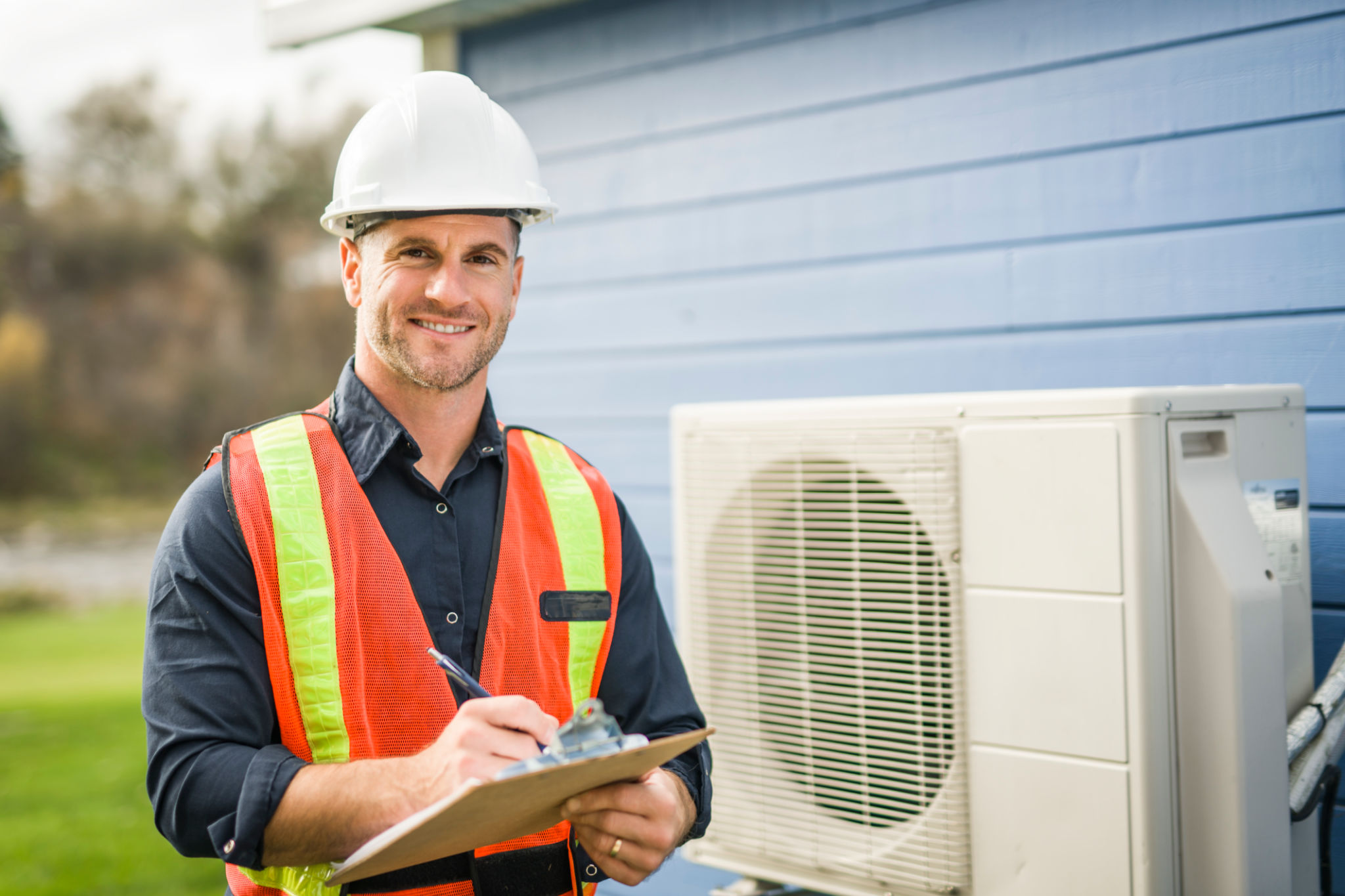Maximizing Energy Efficiency in Residential Construction Projects
Es
Understanding the Importance of Energy Efficiency
In today's world, maximizing energy efficiency in residential construction projects is not just a trend; it's a necessity. As homeowners and builders become more environmentally conscious, the demand for sustainable, energy-efficient homes continues to grow. By focusing on efficiency, you can significantly reduce energy consumption, lower utility bills, and minimize environmental impact.
Energy-efficient homes are designed to use less energy for heating, cooling, and other operations. This is achieved through various means such as improved insulation, advanced heating and cooling systems, and the integration of renewable energy sources. These homes provide a more comfortable living environment while saving money in the long term.

Key Strategies in Energy-Efficient Construction
Insulation and Sealing
One of the most effective ways to enhance energy efficiency is through proper insulation and sealing. Quality insulation helps maintain a consistent indoor temperature, reducing the need for excessive heating or cooling. Ensure that walls, roofs, and floors are well-insulated to prevent energy loss. Additionally, sealing gaps around windows and doors can further reduce drafts and improve energy efficiency.
Efficient Heating and Cooling Systems
Selecting the right heating and cooling systems is crucial for energy-efficient construction. Consider installing high-efficiency HVAC systems that consume less energy while maintaining comfort. These systems are often designed to work with programmable thermostats, allowing homeowners to optimize their energy use by adjusting temperatures based on daily schedules.

Incorporating Renewable Energy Sources
Integrating renewable energy sources like solar panels into residential projects is a powerful way to boost energy efficiency. Solar energy can significantly reduce dependence on traditional power sources, leading to lower electricity bills and a lesser carbon footprint. By harnessing the power of the sun, homeowners can enjoy sustainable and cost-effective energy solutions.
Beyond solar panels, consider other renewable options such as geothermal heat pumps or wind turbines, depending on the location and feasibility. These technologies can further enhance a home's energy profile, making it more self-sufficient and environmentally friendly.

Smart Home Technology
The integration of smart home technology plays a pivotal role in maximizing energy efficiency. Smart thermostats, lighting systems, and appliances allow homeowners to monitor and control their energy usage remotely. This level of control ensures that energy is only used when necessary, reducing waste and conserving resources.
Furthermore, smart home systems can provide valuable insights into energy consumption patterns, helping residents make informed decisions about their usage. By embracing these technologies, homes become not only more efficient but also more convenient and adaptable to changing needs.
Conclusion: Building for a Sustainable Future
Maximizing energy efficiency in residential construction is essential for creating sustainable living environments. By implementing strategies such as improved insulation, efficient heating and cooling systems, renewable energy integration, and smart home technology, homeowners can achieve significant energy savings and reduce their environmental impact.
The shift towards energy-efficient homes represents a commitment to a sustainable future. As the demand for these homes continues to rise, builders and homeowners alike have the opportunity to contribute positively to the environment while enjoying the benefits of reduced energy costs and enhanced comfort.
